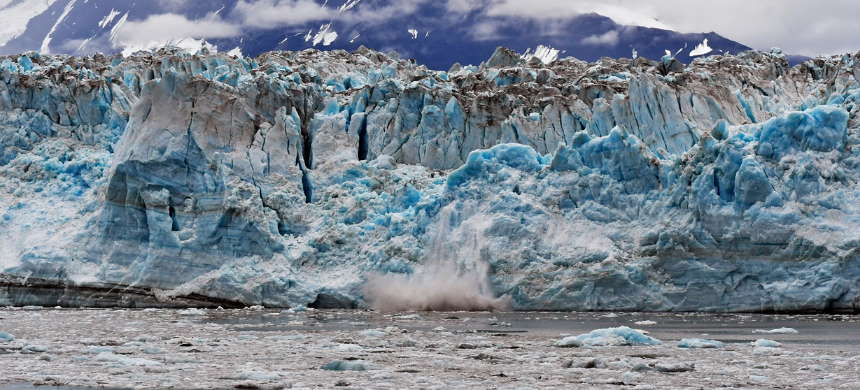A landmark global study published in Nature has raised concerns over the rapid melting of the world’s glaciers, highlighting serious consequences for rising sea levels and freshwater supplies.
Utilizing data from both field and satellite observations, the research reveals that ice loss has surged dramatically in the past decade—approximately 36% higher between 2012 and 2023 compared to the period from 2000 to 2011.
Professor Michael Zemp from the University of Zurich, a co-author of the study, described the findings as “shocking” but not entirely unforeseen.
The results indicate that glaciers are melting at a far quicker rate than previously estimated, and this trend is likely to intensify in the coming years. If this pace continues, sea levels could rise even more than earlier predictions by the end of the century.
Read More: Chilean scientists warn of irreversible changes in Antarctica
Smaller glaciers are particularly vulnerable, with many expected to disappear entirely before the century’s end.
“We are now looking at higher sea-level rise than previously expected,” Zemp told AFP, stressing that the decline in glaciers will also have major consequences for freshwater availability, particularly in regions such as Central Asia and the central Andes, where glaciers serve as crucial water sources.
The study found that since 2000, the world’s glaciers have lost roughly 5% of their total volume, with significant regional differences. For example, Antarctica has seen a 2% reduction, whereas glaciers in the European Alps have diminished by a staggering 40%.
Each year, an estimated 273 billion tonnes of ice are being lost—equivalent to the world’s freshwater consumption over a 30-year period.
The research, coordinated by the World Glacier Monitoring Service (WGMS), the University of Edinburgh, and the Earthwave research group, offers a critical reference for tracking global ice loss. Scientists hope the findings will provide deeper insights into how glaciers are responding to climate change.
Professor Martin Siegert of the University of Exeter, who was not involved in the research, expressed serious concern over the results, warning that accelerating ice loss could also provide valuable clues about how Antarctica and Greenland’s ice sheets will react to warming temperatures.
“Ice sheets are now losing mass six times faster than they were three decades ago. When they begin to shift, we stop measuring in centimeters and start measuring in meters,” Siegert cautioned.
Zemp also underscored the urgency of tackling the root cause of glacier loss: greenhouse gas emissions. “To protect the world’s glaciers, we must cut emissions,” he emphasized.
“Every fraction of a degree we prevent in warming will save lives, reduce costs, and limit further destruction.”











